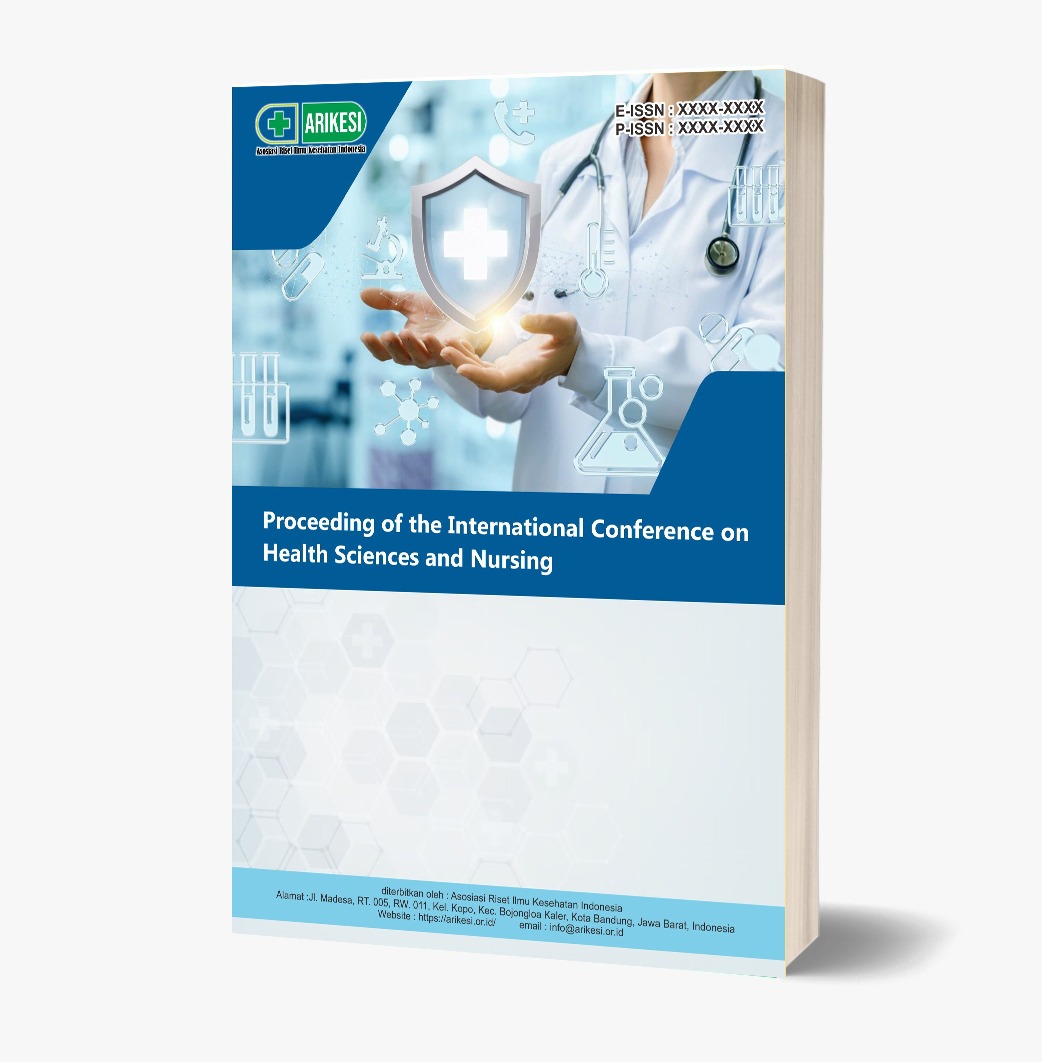Women's Reproductive Freedom in Indonesia
Perspectives of Human Rights and Social Norms
Keywords:
Human Rights, Women's Rights, Reproductive RightsAbstract
Reproductive rights can be defined as personal freedoms recognized under human rights, particularly for women. The Convention on the Elimination of All Forms of Discrimination against Women (CEDAW) emphasizes that women have the right to make decisions regarding reproduction, including the right to choose whether or not to have children, as well as the right to access reproductive health services. Issues related to women's reproductive rights are part of the broader concept of freedom, which encompasses the right to self-determination over one's body and life. In Indonesian society, perspectives on reproduction often reflect cultural norms and religious beliefs that view childbearing as a woman's duty after marriage. From these viewpoints, reproduction is considered an obligation for a wife to continue the lineage. A woman is often not regarded as a "complete" wife unless she can bear children. Frequently, neighbors, exte.nded family members, and even husbands pressure women to conceive and give birth, perceiving it as an intrinsic duty of a wife after marriage. This perspective also leads women to feel that having children is an obligation they must fulfill. If they do not have children-either yet or at all-they often see themselves as having failed to meet their perceived responsibilities.
Downloads
References
Angie, V., Srihadiati, T. (2024). Criminalization of Female Abortion Through Feminism Theory. Unes Law Review, 6(4).
Febika, A. N. (2023). Providing Legal and Safe Access to Abortion Indonesia. Journal of UIR Law Review, 7(2).
Fitriana, D. (2019). Disparities in Reproductive Health Services in Remote Remote Areas. Indonesian Journal of Public Health, 14(2).
Gita, S. M. (2020). Protection of Women's Reproductive Rights in International and National International and National Law. Yogyakarta: Andi Publisher.
Gummiah, S.M., Mualifah, L. (2024). Islam and Gender Issues: Health Women's Reproductive Health in Marriage Relationship. Syakhshiyyah: Journal Islamic Family Law, 4(1).
Holland, K. (2020). Repealing The 8th: Reforming Ireland's Abortion Law Journal of Irish Studies, 15(3).
Larsson, H. (2021). Reproductive Rights And Secularization In Scandinavia Nordic Journal of Social Policy, 39(1).
Law Number 36 of 2009 concerning Health. (2009). Jakarta: Ministry of Health of the Republic of Indonesia.
Law Number 39 of 1999 on Human Rights. (1999). Jakarta: Ministry of Law and Human Rights of the Republic of Indonesia.
Minister of Health Regulation No. 97/2014 on Reproductive Health Services Reproductive Health Services. (2014). Jakarta: Ministry of Health of the Republic of Indonesia.
Muhammadiyah. (2024). The Purpose of Marriage and the Right Age for To Marry. Yogyakarta: Muhammadiyah Center.
Nabila, A. (2022). Legal Update on the Protection of the Right to Reproductive Health of Women in Indonesia. Journal of Law and Development, 52(1).
National Commission on Violence Against Women. (2021). Reproductive Rights and Personal Freedom. Jakarta National Commission on Women's Human Rights.
National Commission on Violence Against Women. (2023). Sexual and Reproductive Rights: A Rights Perspective Human Rights Perspective. Jakarta: National Commission on Violence Against Women.
National Human Rights Commission. (2020). Human Rights: Principles and Implementation. Jakarta: National Commission on Human Rights.
Pebriansyah, A. (2024). Childfree in the Context of Human Rights: Rights. And the Protection and Achievement of Individual Rights. Journa Darussalam, 16(1)
Rahmawati, M. (2023). Reproductive Rights in the Perspective of Health Law in Indonesia. Egalita Journal, 18(2).
Simanjuntak, P. (2018). Obstacles to Health Policy Implementation in Indonesia. Yogyakarta: UGM Press.
Sopariyah, M., & Khairunnisa, A. (2024). Patriarchal Culture and Injustice Gender in Public Life. Sentri: Journal of Scientific Research, 3(7).
Takdir, D., Rahmawati. (2024). Childfree in the Perspective of Islamic Law. IAIN Palopo Advocacy Scientific Journal, 12(3).
United Nations Population Fund (UNFPA). (2018). Reproductive Rights Are Human Rights: A Handbook For National Human Rights Institutions. New York: UNFPA.
United Nations. (1948). The Universal Declaration Of Human Rights. New York: United Nations.
Vlasblom, J. D., & Schippers, J. (2021). Childfree By Choice: A Comparative Study Of Economic Implications. Economic Journal of Gender Studies, 12(2).
Weiner, R. (2020). Reproductive Rights And Ethical Autonomy In Reform Judaism. Journal of Jewish Ethics, 6(2).
World Health Organization (WHO). (2020). Reproductive Rights and Health: A Global Perspective. Geneva: WHO.







